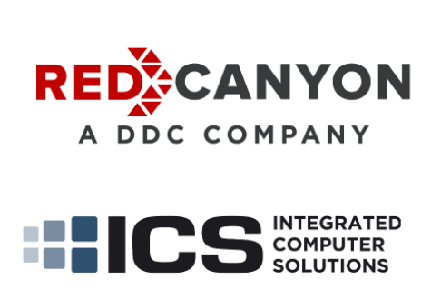 When searching for the right Business Continuity Planning (BCP) firm, there are several important factors that should be taken into consideration–not the least of which are location, experience, and support structure. It is important to know that the expectations of your organization will be met, if not exceeded, and that the firm will educate you in the Business Continuity planning process.
When searching for the right Business Continuity Planning (BCP) firm, there are several important factors that should be taken into consideration–not the least of which are location, experience, and support structure. It is important to know that the expectations of your organization will be met, if not exceeded, and that the firm will educate you in the Business Continuity planning process.
Does bigger mean better?
Business Continuity and Disaster Recovery planning consultants include mega-firms that can provide end-to-end services; however, many of these companies come with very high price tags. They provide software solutions that generally best serve organizations with 50 business units or more that must have a coordinated business continuity plan or large corporations with multiple like business units, geographically separated with repeatable tasks.
For organizations and corporations with fewer than 50 business units, an approach to Business Continuity/Disaster Recovery Planning using nationally recognized standard templates and standard software (MS Word, Excel, Access, PowerPoint and Visio) is often most appropriate. The costs associated with use of automated software solutions, with or without additional contractor support, are not offset by time savings or ease of plan development.
Make sure you evaluate potential consultant firms for the following before making a selection.
Are the consultants certified in business continuity planning?
Not only certified but how and by whom. Do they also have PMP’s, ITIL Certifications, other emergency planning certifications, IT knowledge and business experience?
Certification ensures that business continuity consultants are well-versed in all aspects of Business Continuity and Disaster Recovery planning. Specialized certifications are available for emergency management, risk management, audit, security and technology. DRI International offers certification specifically for business continuity consultants and vendors to ensure that practitioners understand professional practices. Ask if the consultants you’ll be working with are certified in business continuity planning.
Will the firm take time to document your needs?
Good Business Continuity planning starts with understanding what your exposures are and making a good decision on recovery strategy. The most critical part of the process is the business impact analysis, including the Risk Assessment, so that’s where you need to spend most of your time. Some consultants will perform a business impact analysis and identify the exposures and impacts to expect in a disaster, but they won’t describe how to solve those problems. Consultants should also perform a business impact analysis and recovery option study to determine the priorities.
Ask yourself if the consulting firm will push you towards their supported solution.
Many consulting firms that provide big-name technology solutions and consulting services will try to sell their offerings as your best or only solution. Business continuity is more about planning and services and less about technologies. Firms that offer BC/DR planning and consulting services should be able to help you perform a business impact analysis, identify critical business processes, map all the dependencies and define how critically you need them, and what the impact would be on revenue with or without the use of automated software solutions. Don’t fall prey to a consulting firm that is fixated on upselling.
The long and short
Having business continuity and disaster recovery plans developed, in place, tested and advertised as such can provide leverage in selling the benefits and value of the products and services of your organization. It means that your business will potentially be able to survive no matter what the interruption–planned or unplanned, act of God or man-made–to continue critical business functions at planned levels of service, despite the events.




